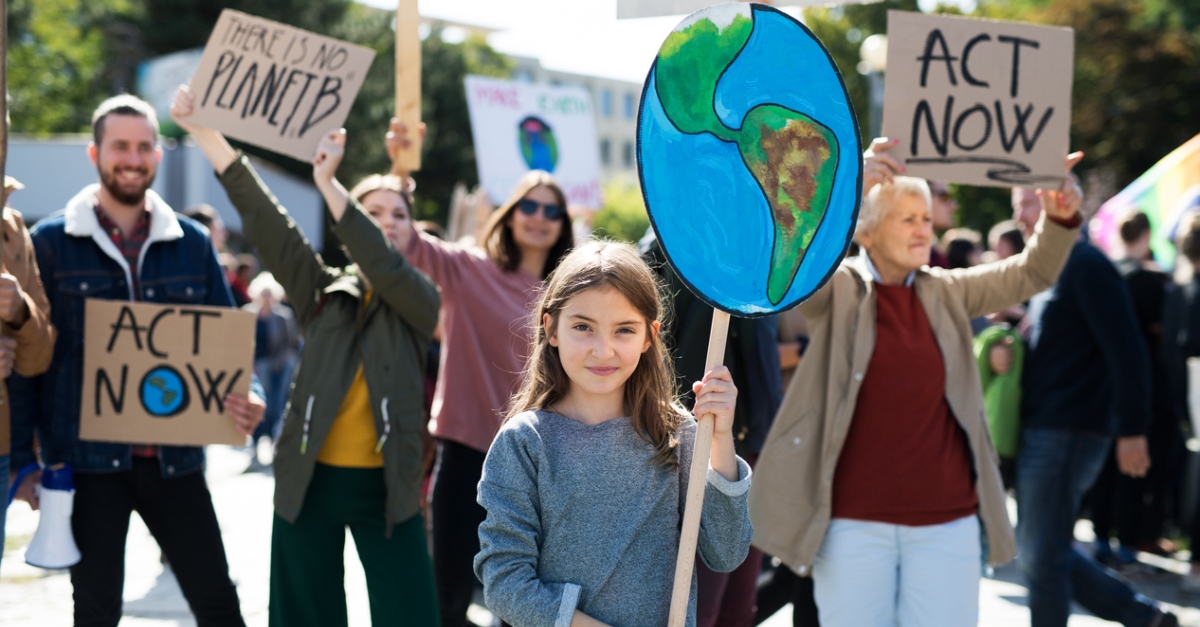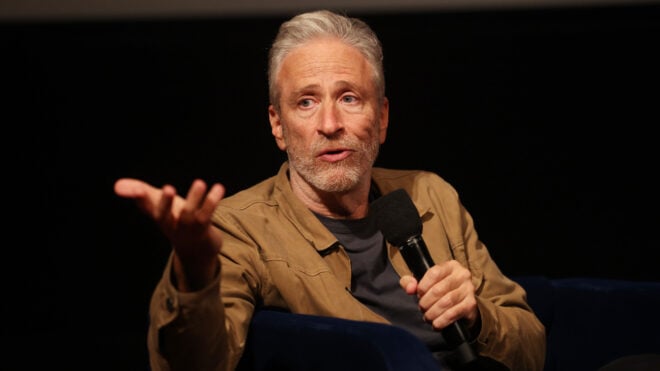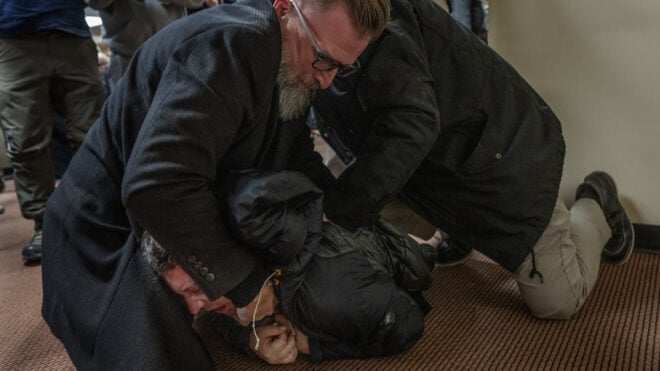
Here's the deal: We live in unusual times. Or who knows? Maybe every time is an unusual one to the people who live through it. One of the biggest issues facing humans alive today is one that involves our home: Climate change is happening whether we like it or not.
It's hard for kids to move through life on this planet without overhearing bits and pieces of a more adult world. And it's important to talk to kids about what they hear, instead of shoving hard topics under the rug to save for later. In our home, we are big believers in the idea that cuddled up next to a parent or caregiver is one of the safest, easiest ways to have conversations about topics that are hard.
Because the thing is, you can't keep your kids from finding out what's going on in the world unless you totally pull back and live off the grid. Which is cool, but … not helpful if you're also hoping to raise fully engaged citizens of the world.
So, what to do? It turns out that talking to your kids about hard topics like climate change is all about staying calm, explaining the facts in a measured way that's digestible by age, and being open to answering all of their questions. (Yes, all of them.)
1. Open up the conversation.
The first step to talking to your kids about things that might be hard or scary is to make space for the conversation in the first place. This can happen in a lot of different ways! Here are a few ideas:
- Pick up a kids book about climate change at the library and read it together.
- Don’t rush to turn off the news when climate change is mentioned.
- Have a conversation about climate change in front of your kids and see if it sparks anything.
- Depending on their age, ask your child directly if they know anything about climate change.
You may also have your own ideas about what will and won’t work with your family and your children. Trust your gut.
2. Stick to the facts that are out there.
I know that when I'm talking to my son about hard topics, I always have to avoid diving in with my emotional reactions to whatever the topic is. There's a time and place for those feelings, too, but it's probably not right off the bat. Books are a wonderful resource for facts, and so is the internet — just make sure you're using a trusted source with verifiable data.
3. Build a relationship with the outside world.

I have typically been more of an "inside person," but since having my son, I've really prioritized getting him outside and encouraging a love for the planet. In turn, he's helped me get comfortable with so many experiences that I never would have tried otherwise. In fact, for his 10th birthday, he asked if we could all go canoe through the Everglades and spend a night on a wooden platform in the water — and we actually did! It was wild! I cannot even begin to describe to you how hard that would have been for me to do 10 years ago.
You don't have to go that far with it. Encouraging your kids to get out in the world around them might be as simple as going out in the backyard or walking to the park down the street from your apartment. If you live near a river, let your kids play in it. If you have access to wide, open stretches of land, enjoy them.
You can actually also use the internet to build a relationship with nature. PBS has so many nature documentaries available — those actually used to be all my kid wanted to watch when he was a preschooler.
4. Make sure you don't talk badly about people.
This one is tricky: Humans are the biggest drivers behind climate change, and it can be easy to sink in a fit of "Why are people so bad?" while talking about climate change with your kids. But be gentle with yourselves: We're all people, too. People are flawed. Find stories of people helping out the planet and their communities. Read books about what you can do in your own lives to improve the state of the planet. In other words, be the change, friend.
5. Talk about what's being done to fix it.
A lot of the time, conversations about climate change don't also center on all the good things that are being done to try to fix the problem. Granted, sometimes it can feel like it's all futile … but let's not bring that up to the kids, OK? Or if you do, also research legislation that's been passed to help the planet. Make sure your kids know there are adults out there who are doing everything they can to help the planet and keep climate change at bay. It'll probably help all of you feel a little better.







